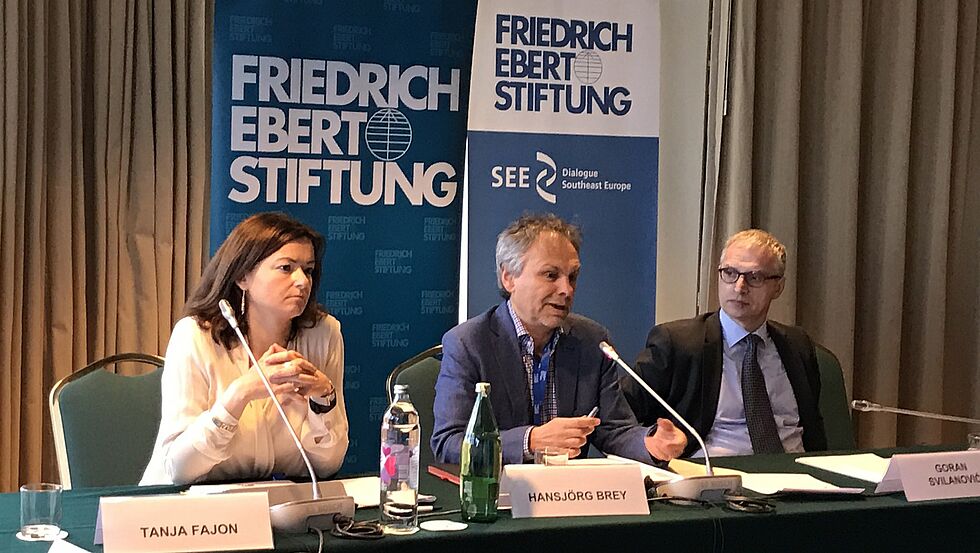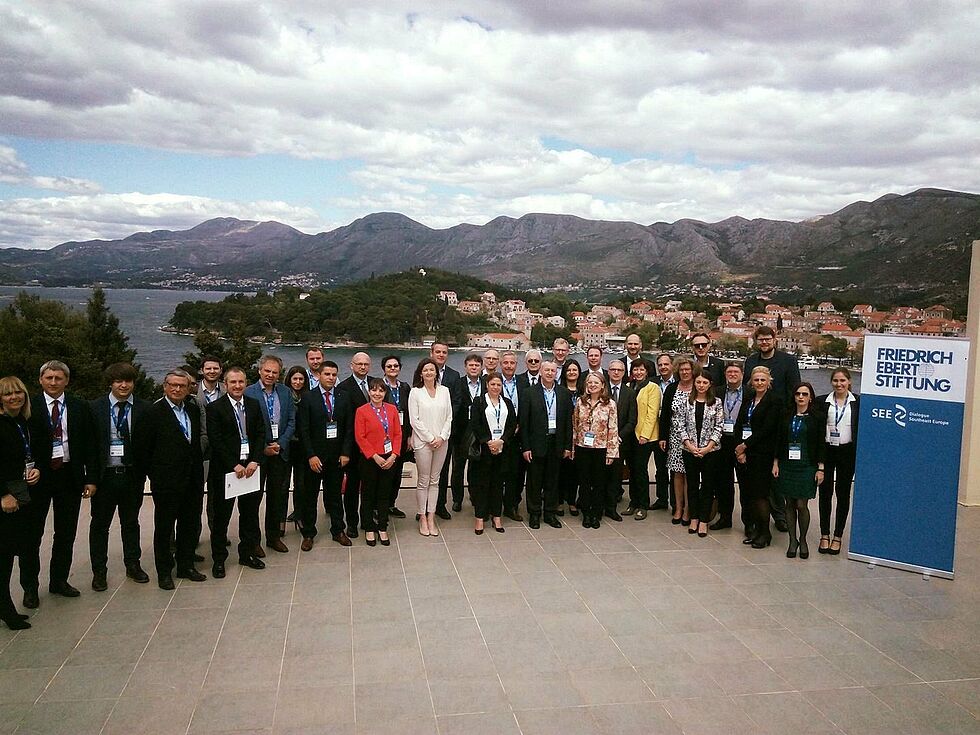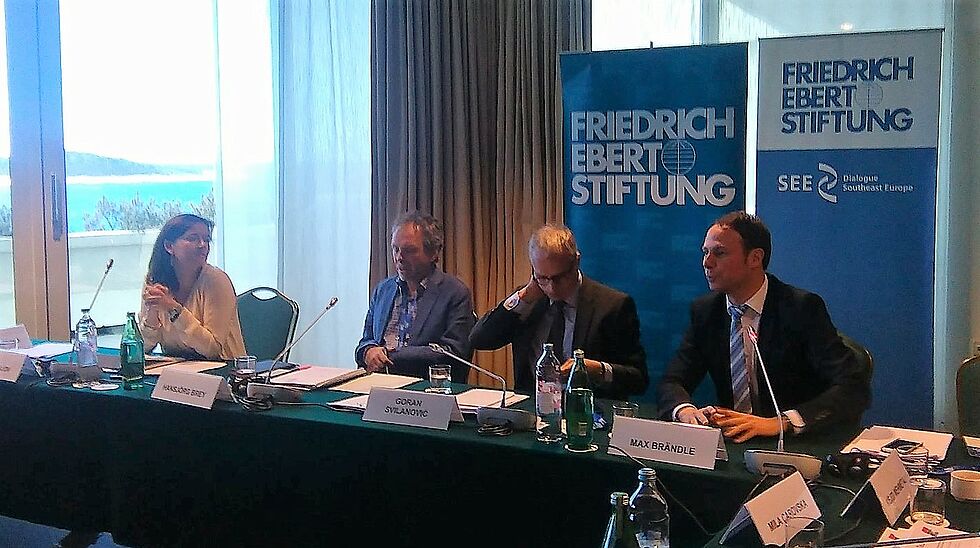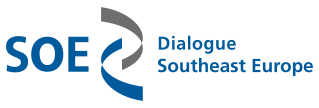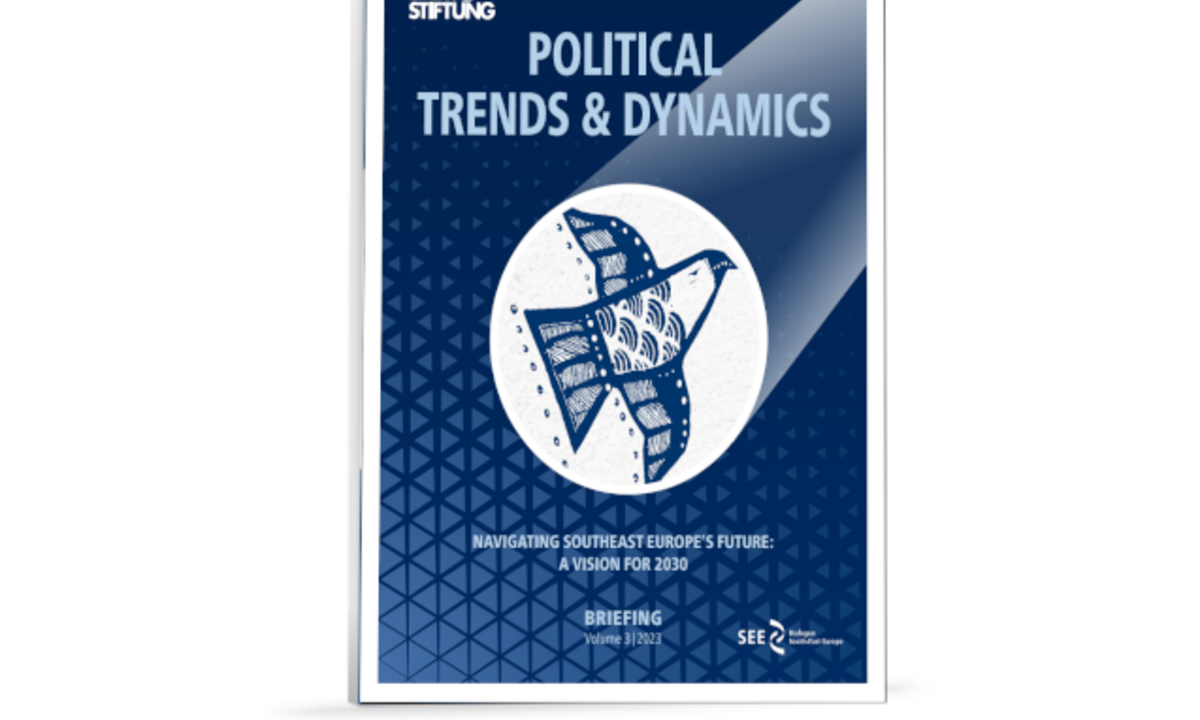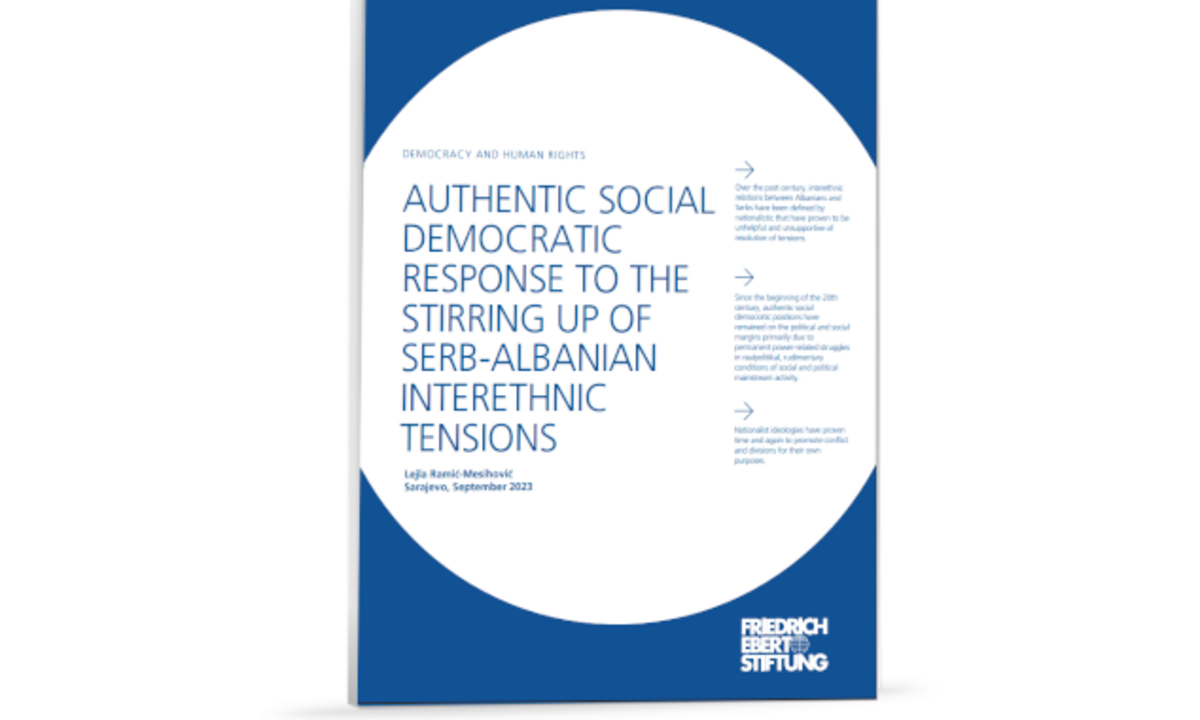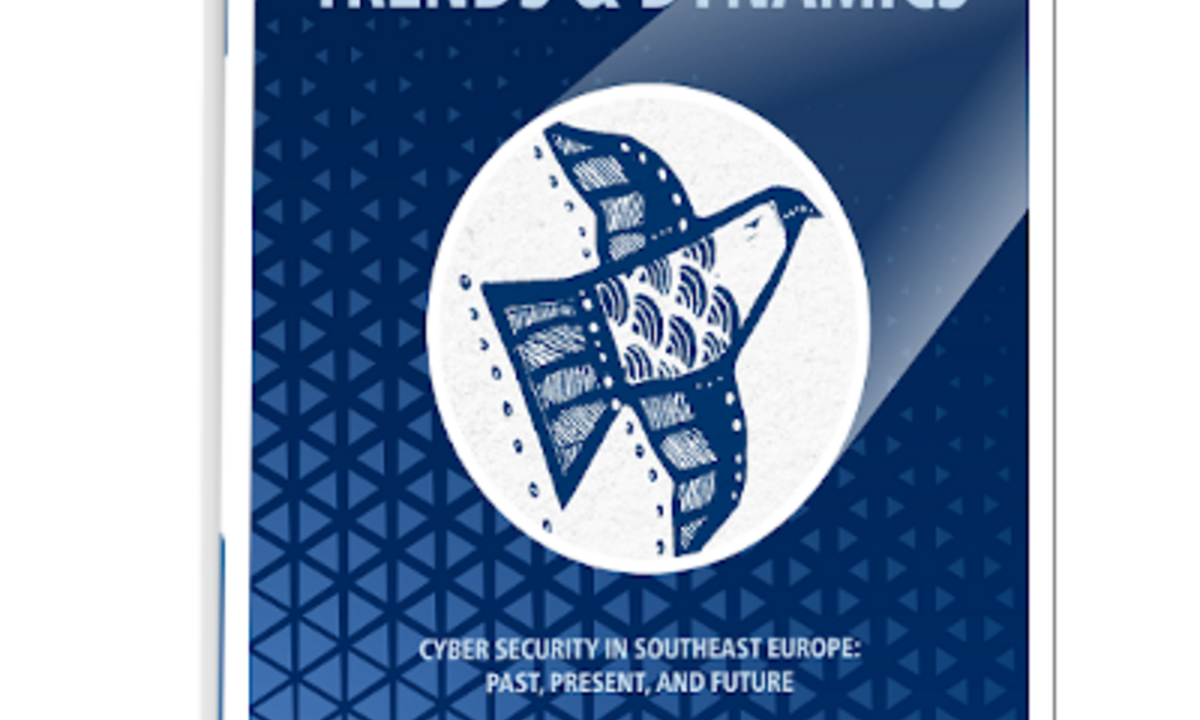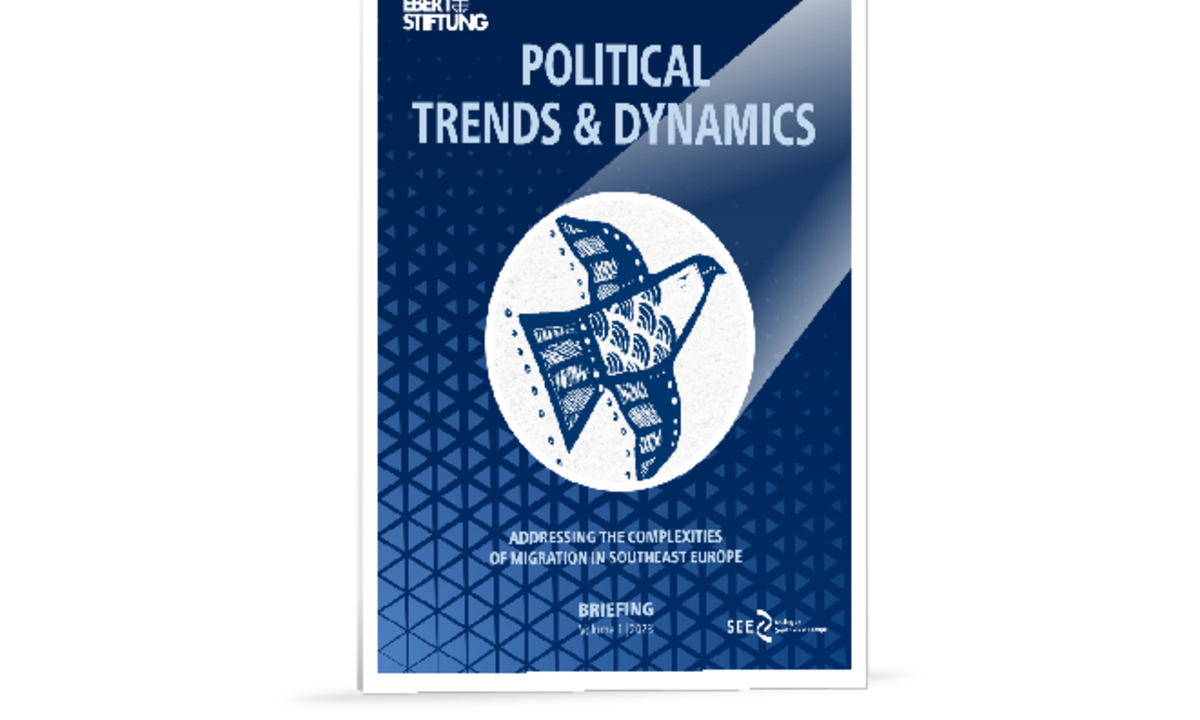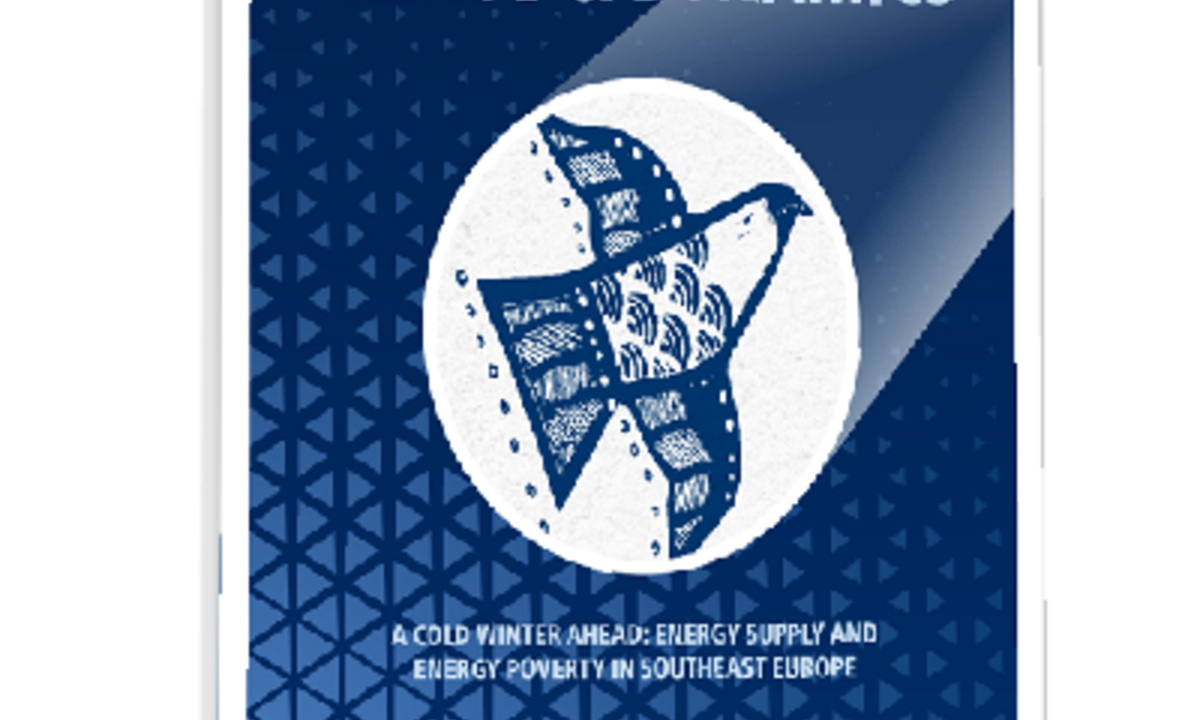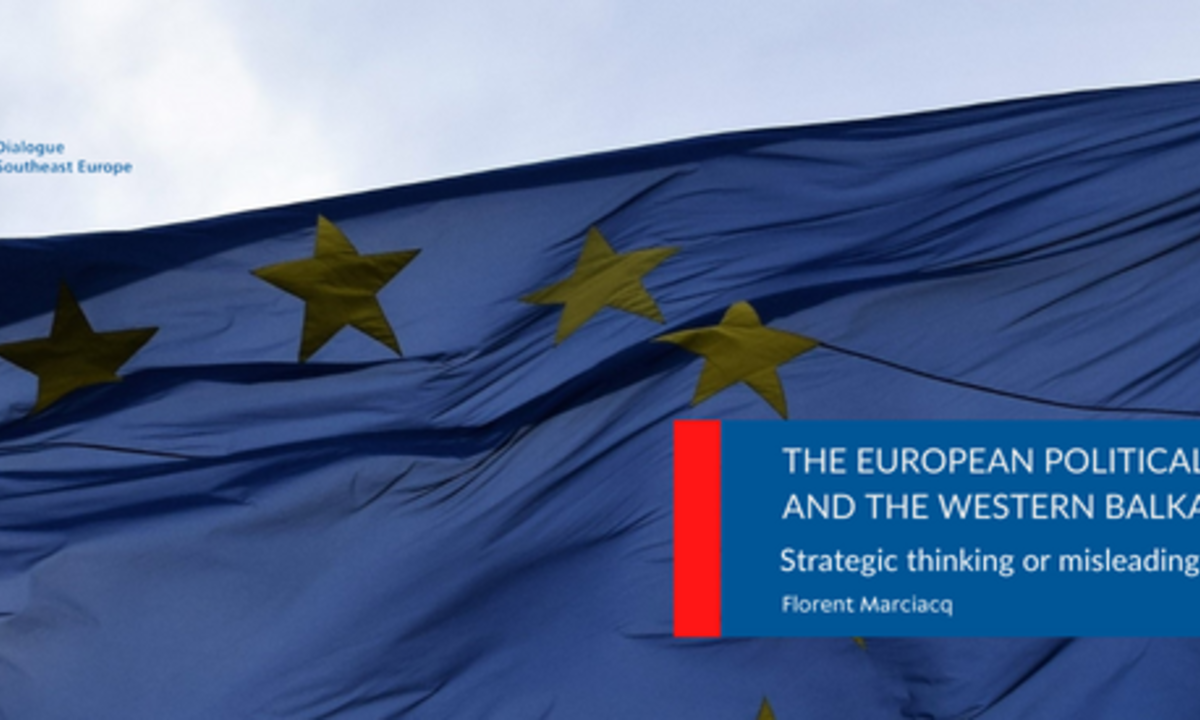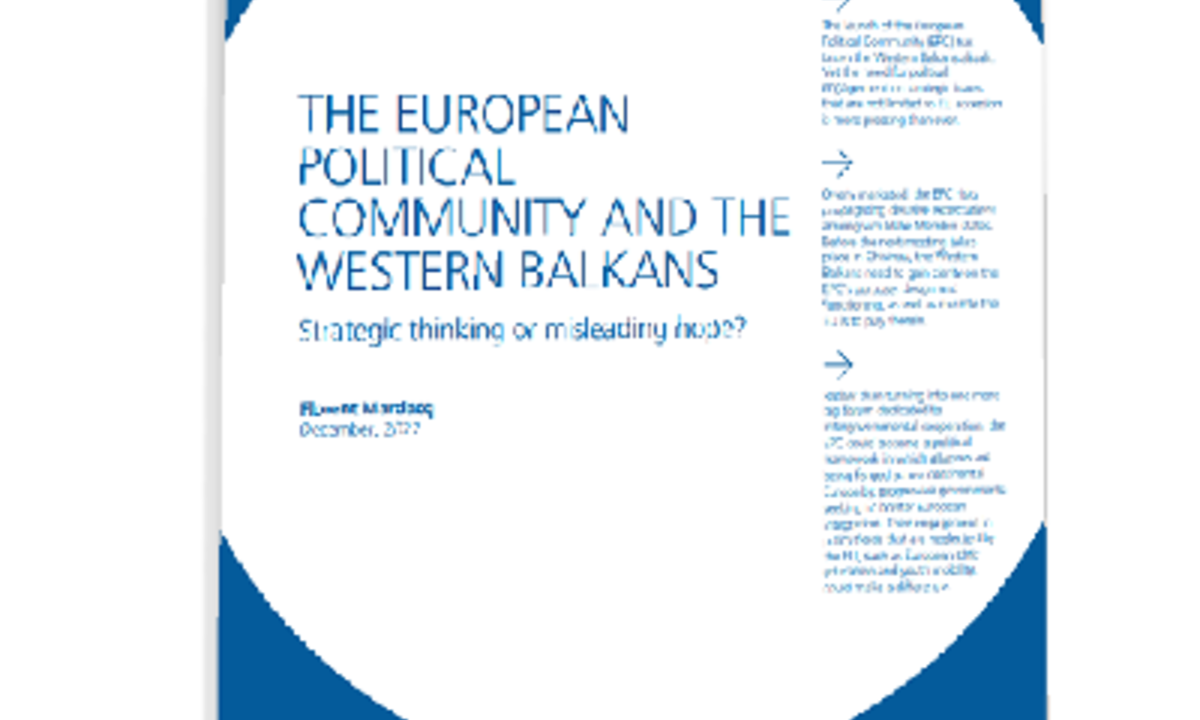Dubrovnik Dialogue: Integration or Disintegration of Europe?
The conference featured three panels:
- How does Brexit affect Enlargement?
- The Future of the Accession Process?
- Does Turkey belong in the EU?
The participants’ view was that Brexit affirmed and emphasized the fact that the EU is consumed with itself, which leaves little space for a much-needed rebranding of the enlargement policy. The EU’s focus on itself is likely to remain, especially since the UK’s prereferendum negotiations with the EU secured further opt-out rights, that are likely to be used, not by the UK, but by other member states. On the other hand, the EU is facing severe rule-of-law issues in other member states. Moreover, the participants agreed that the United Kingdom had been a reliable partner in Southeast Europe with significant contributions to enlargement.
Further impact on enlargement is to be expected, since the Brexit negotiations are likely to delay and further sideline the enlargement process in the WB-6. On a positive note, the participants agreed that the UK will remain a partner in security issues in the region. Moreover, Brexit is seen as a chance to decide on what fundamental directions the Union will take from now on. In the post-Brexit world, some positive signs of ‘recovery’ of the European idea are visible. The candidacy of Martin Schulz brought the positive notion of ‘Europe’ in an election campaign with long-lasting importance for the continent.
The second panel on the accession process offered critique and recommendations on how to overcome the current stalemate in the enlargement process that was described by one participant as “as dead as a shot duck”. The huge trade deficit between the Western Balkans and some core European Union member states puts the Western Balkans in an unfavorable position, by which the gap is not being reduced, but is growing. Emigration from the region has become a seemingly ‘normal process’ whose economic and political consequences will nevertheless be severe.
The participants called on more engagement of EC/EEAS in solving bilateral disputes between “non-equals” (between member and non-member states). Furthermore, as a sign of engagement (not lowering standards) several participants suggested starting negotiations with all candidate countries, or at least to do pre-screening of Chapters 23 and 24. Another notion was to boost and offer to candidate countries sectoral integration, circular migration and access to cohesion funds to close the inequality gap between economies. Recent initiatives such as lowering roaming costs, a customs union, a common investment agenda as well made their appearance during the debate.
Regional political trends were criticized for empowering status-quo and ‘strong-men-leadership’. It was emphasized that a pro-European political narrative does not automatically entail actual pro-democratic action. The debate on Turkey especially, reflected on the current political turmoil and the increasingly autocratic moves by the current government. Options for an appropriate reply were discussed, especially for a scenario where constitutional changes were to be approved by the referendum. Consequently, the question arose whether membership negotiations should be suspended or terminated in that case. The possibility that some WB countries could be the “next Turkey” was discussed as well.
The aforementioned topics were discussed from the distinct perspective of Social Democracy and how S&D representatives both within and beyond the region need to exert leadership to create space for political progress on issues from enlargement to migration.
Friedrich-Ebert-Stiftung
Dialogue Southeast Europe
Kupreška 20, 71000 Sarajevo
Bosnia and Herzegovina
Team & Contact
Subscribe to our mailing list and receive our publications as soon as they are available: send us your contact info via info.soe(at)fes.de


